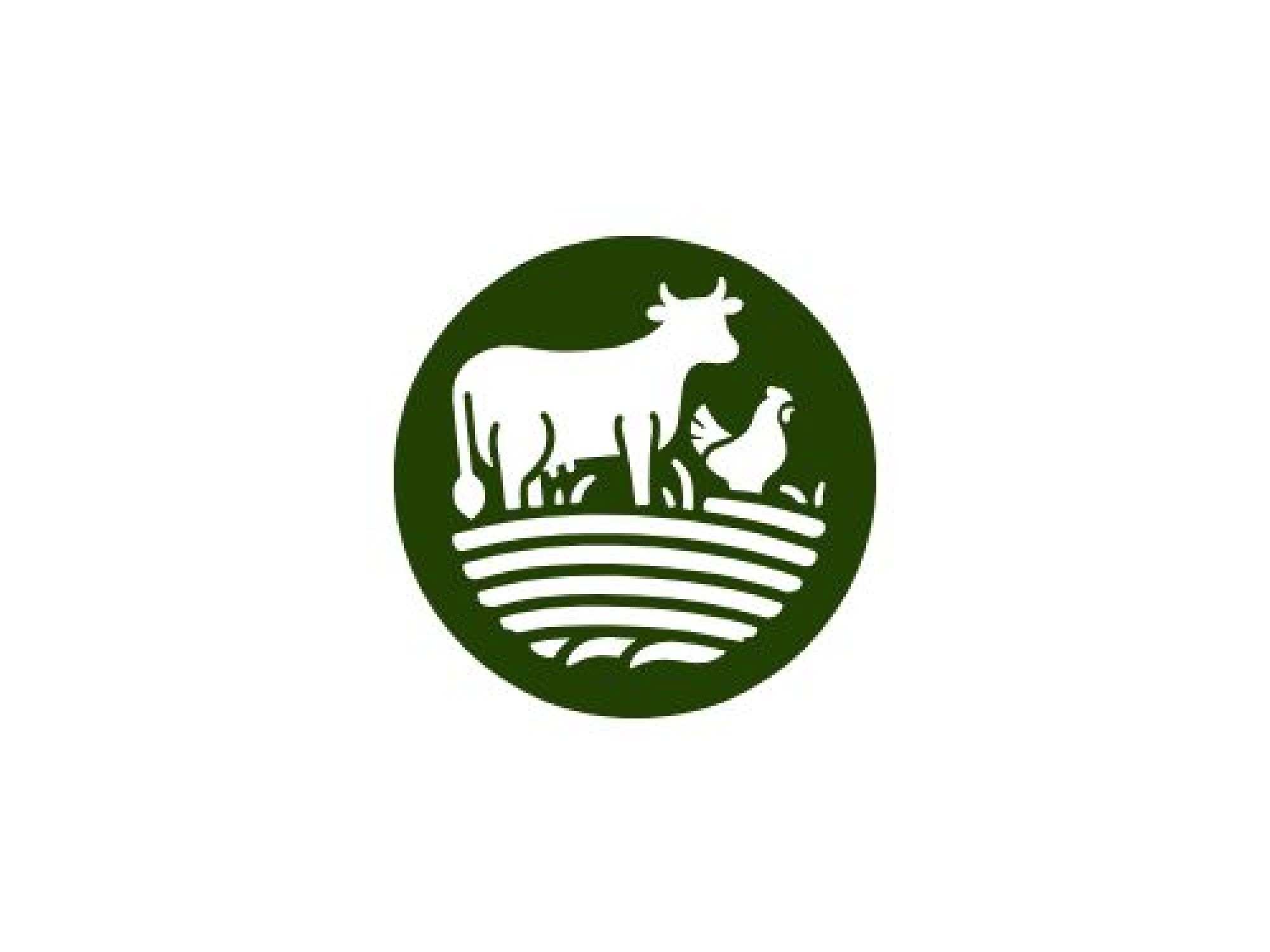Zoology
Population ecology, basic population characters, growth and growth curves, population dynamics and regulations
Population ecology is a branch of ecology that focuses on the study of populations of organisms, their characteristics, growth, dynamics, and the factors that regulate their numbers. Here are some key concepts related to population ecology:Thank you for reading. Don’t
Thank you for reading. Don't forget to subscribe & share!
Trophic levels and energy variation with increasing trophic levels, energy flow, food chains and food web
Trophic levels, energy flow, food chains, and food webs are fundamental concepts in ecology that help us understand the transfer of energy and matter within an ecosystem. Let’s explore these concepts in more detail:Thank you for reading. Don’t forget to
Fish feed formulation and processing
Fish feed formulation and processing involve the creation of nutritionally balanced diets tailored to the specific dietary requirements of different fish species at various life stages. Here’s an overview of the process: 1. Fish Feed Formulation: Create a balanced and
Determinations of metals (Cd, Zn, Co, Mn, Fe) in water, plankton and fish
Determining the levels of metals such as Cadmium (Cd), Zinc (Zn), Cobalt (Co), Manganese (Mn), and Iron (Fe) in water, plankton, and fish involves various analytical techniques. Here’s an overview of the methods commonly used for metal analysis in these
Role of biotechnology in sustainable aquaculture development
Biotechnology plays a vital role in enhancing the sustainability of aquaculture by improving productivity, reducing environmental impacts, and ensuring the health and welfare of cultured species. Through the application of genetic engineering, molecular biology, microbiology, and bioinformatics, biotechnology is transforming
Artificial feeds for aquaculture, feed constituents, diet formulation and processing
Artificial feeds play a crucial role in modern aquaculture, as they help meet the nutritional needs of fish, prawns, shrimps, and other aquatic species in a controlled environment. Unlike natural food, artificial feeds are formulated to provide balanced nutrition and



